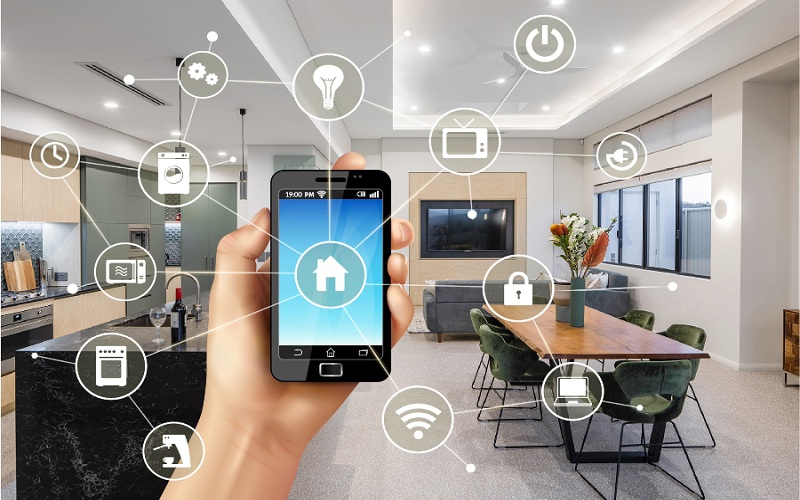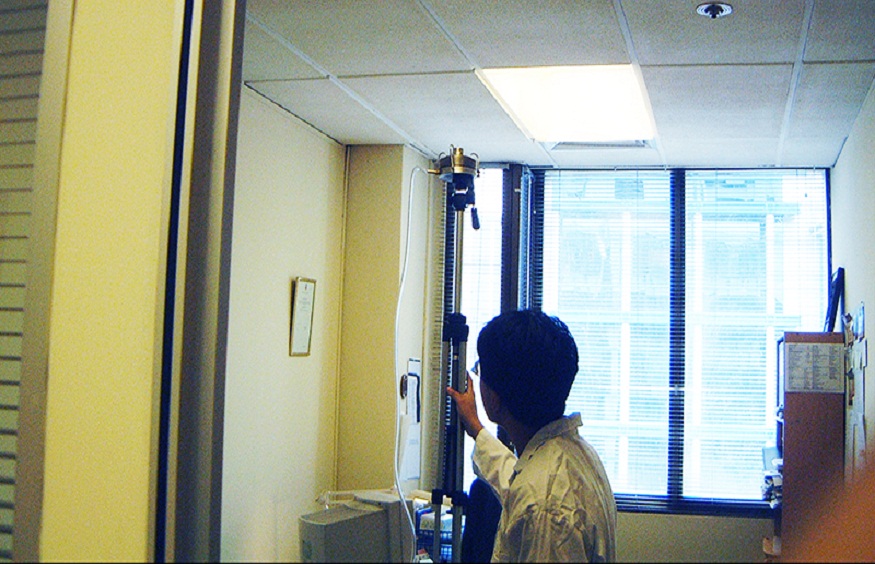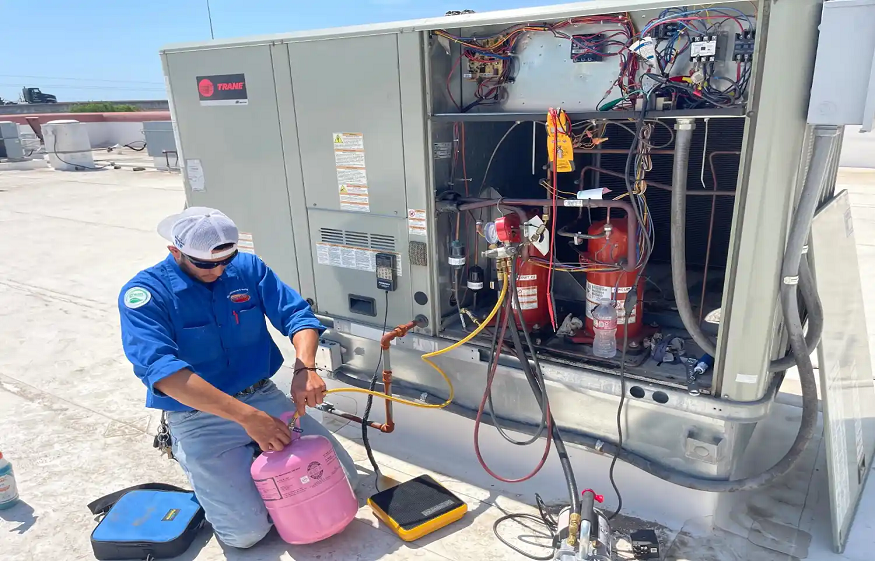AI and smart homes
Artificial Intelligence (AI) has transformed the way we interact with our environments. This revolutionary technology has advanced rapidly over the past two decades, becoming more and more prolific in homes, workspaces and beyond. When paired with smart homes, AI has the power to elevate our day-to-day experience with a simplicity and convenience that just 30 years ago, we could not have imagined. In this article, we explore how AI is changing smart home technology for the better.
The interaction of AI and smart technology
By late 2023, 57% of homes in Britain contained at least one smart device. Most commonly found are the smart TV and smart thermostat; the former enables us to stream content from a range of apps, and the latter adjusts the ambient temperature from a smartphone. The recent rise in voice assistants has also fueled the growth of AI, enabling us to access entertainment, information and more with a spoken command. We might, for example, ask our Google Home device to get the house ready for bedtime by locking the doors, turning off all the lights except those in the bedroom, and adjusting the thermostat to a comfortable temperature for sleep.
Advanced AI for smart homes
This isn’t the limit for smart homes, however. With more advanced AI and the help of a professional smart home installer, we can do more than just programme our homes to respond to commands. They can go further by ‘learning’ our habits and adapting to our needs – without us having to lift a finger. Here’s an example:
Predictive analytics is a function that enables smart devices to gather data on our preferences and daily routines. A thermostat could respond to regular commands and, over time, begin to adapt to our needs without manual input. The predictive analytics might ‘learn’ that we typically increase the temperature by a couple of degrees upon waking, then a few minutes later we command the blinds to raise and get the coffee machine brewing an espresso. In time, all these things would begin to happen without the need for a command. The system might also ‘learn’ to adjust the thermostat based on the outdoor temperature, so if today is two degrees colder than yesterday, the heating will take the dip into account to create a comfortable environment.
In addition to delivering convenience and comfort, predictive analytics helps to improve energy efficiency. It can ensure that lights and heating aren’t left on unnecessarily, or that appliances such as washing machines are only used during off-peak tariff times.
Security
AI is also beneficial when paired with a smart security system. Technology such as facial recognition means that familiar faces can be distinguished from strange faces, and actions can be triggered (such as an alert message to your smartphone) should an intruder be identified. You can then take remote action if necessary. The addition of such technology delivers both tighter security and greater peace of mind.
Integrating AI for a more comfortable lifestyle
The combination of artificial intelligence and smart homes redefines modern living, ensuring our day-to-day needs are met with minimal manual input. If you’re looking for a fully automated experience, contact a smart home specialist in Kent today.





